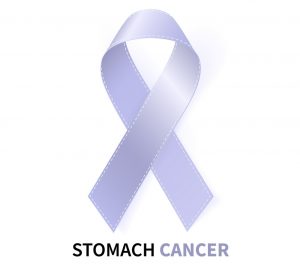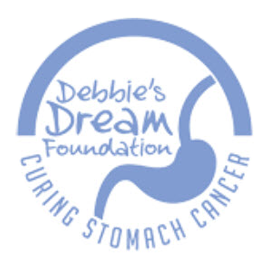
Pennsylvania Stories
Katy Kranson---Pennsylvania In September of 2018, I was on my way to drive my daughter to gymnastics and then watch my son’s soccer game. I got stuck in the bathroom. She hates to be late, and I’m stuck on the toilet. I could not stop having diarrhea. Fast forward four weeks, and I still have diarrhea every single day. I’ve had bouts of constipation and diarrhea in the past. I’ve been self-diagnosed with IBS (irritable bowel syndrome), but four weeks was ridiculous. I went to the doctor. Blood work and stool samples all came back normal. Well, one test came back “weakly positive” for celiacs. The doctor I usually see was not in. This doctor decided that to get a confirmed diagnosis, I should have an endoscopy done. On November 15, 2018, at age 39, I woke up from sedation to the doctor telling me, “I’m sorry we found a large mass at the top of your stomach (the cardia) where your esophagus ends.” I was diagnosed with Stage 3 adenocarcinoma, gastric cancer. I had four rounds of Chemo (Folfox regimen), I lost my hair and developed neuropathy. Then I had a Total Gastrectomy (removal of the entire stomach) which consisted of 17 days in the hospital. They also removed my Gallbladder, ovaries, and tubes (genetic testing revealed I’m BRCA 2 Positive, which meant I had an 87 % chance of developing breast or ovarian cancer).
I left the hospital with a feeding tube removed four weeks later, followed by a year of Keytruda and Herceptin every three weeks. In August of 2021, I finally had my Double Mastectomy to further prevent breast cancer. I share my story with anyone who will listen. I want people to stop saying, “I must have eaten something that didn’t agree with me” or “I just have a bad stomach.” I want people to stop being embarrassed to talk about their bowel movements. I want people to be honest with their doctors. Early detection is the key to survival. Screening for stomach cancer needs to be as common as colonoscopies, mammograms, and Pap smears.
